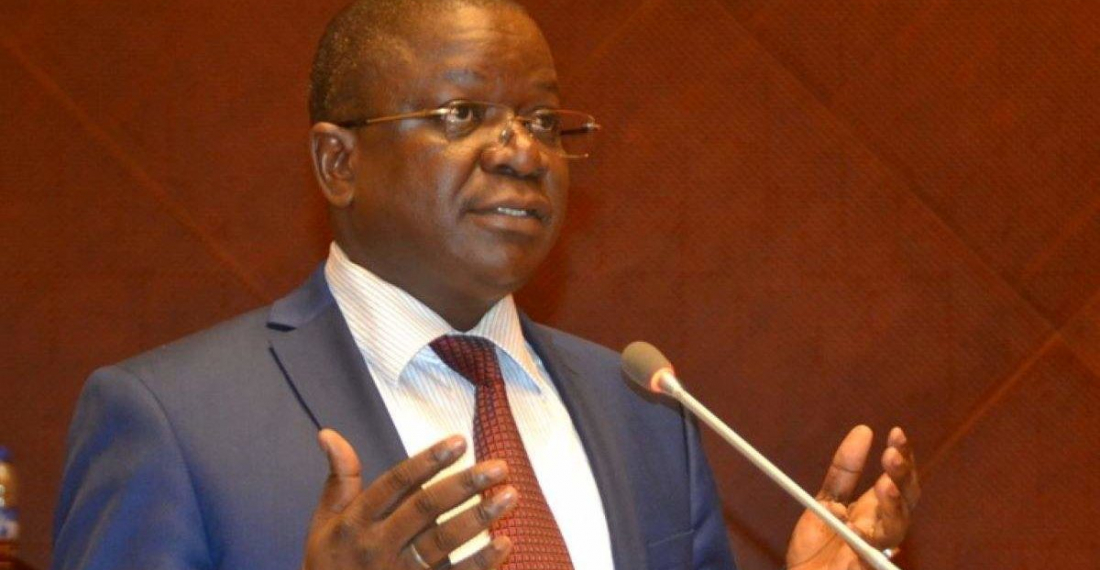Chad's new military transitional government rejected any negotiations with the rebels who are held responsible for killing the country's former president, Idris Deby, last week. “Faced with this situation that endangers Chad and the stability of the entire sub-region, this is not the time for mediation or negotiation with outlaws,” a Chadian government official insisted
On its part, the main rebel group, the Front for Change and Concord in Chad (FACT) said that it was now joining forces with other rebel forces who had opposed the rule of the former president and now oppose the rule of his son who is considered as the de-facto new ruler of the country. But it is not clear what tactics the rebels will use going forward.
Aware of the need to broaden its political support and widen its tribal connections the ruling military council named former prime minister, Albert Pahimi Padacké as the prime minister of the transitional government. Padacké is a civilian politician who came second in the presidential elections earlier this month.
The military council has promised to hold new presidential elections in eighteen months time







